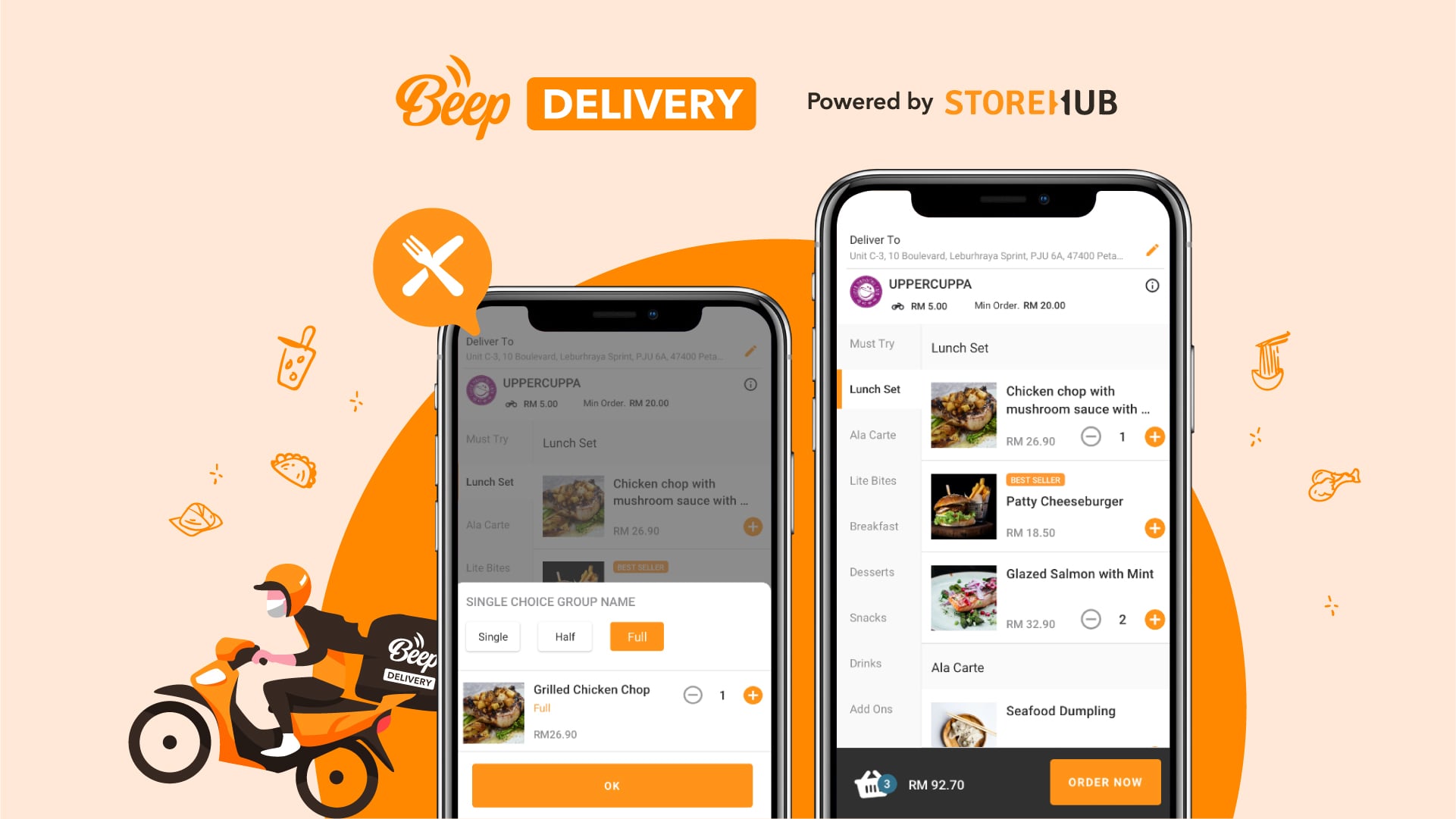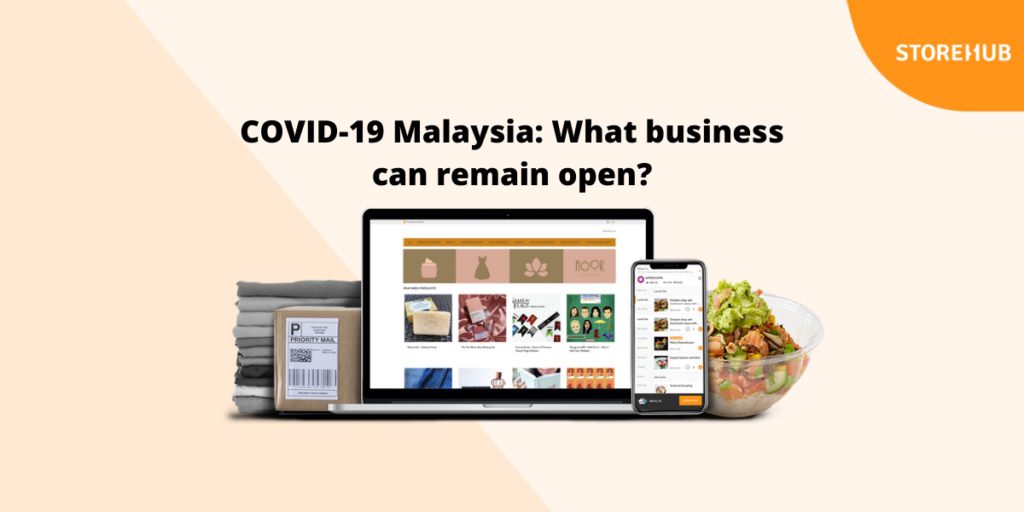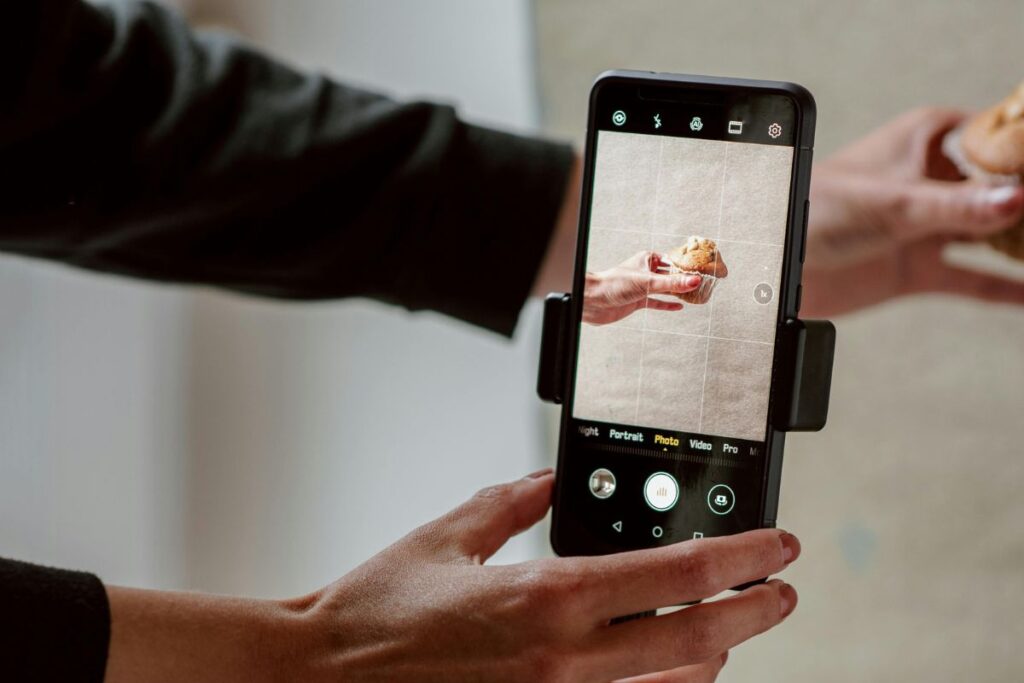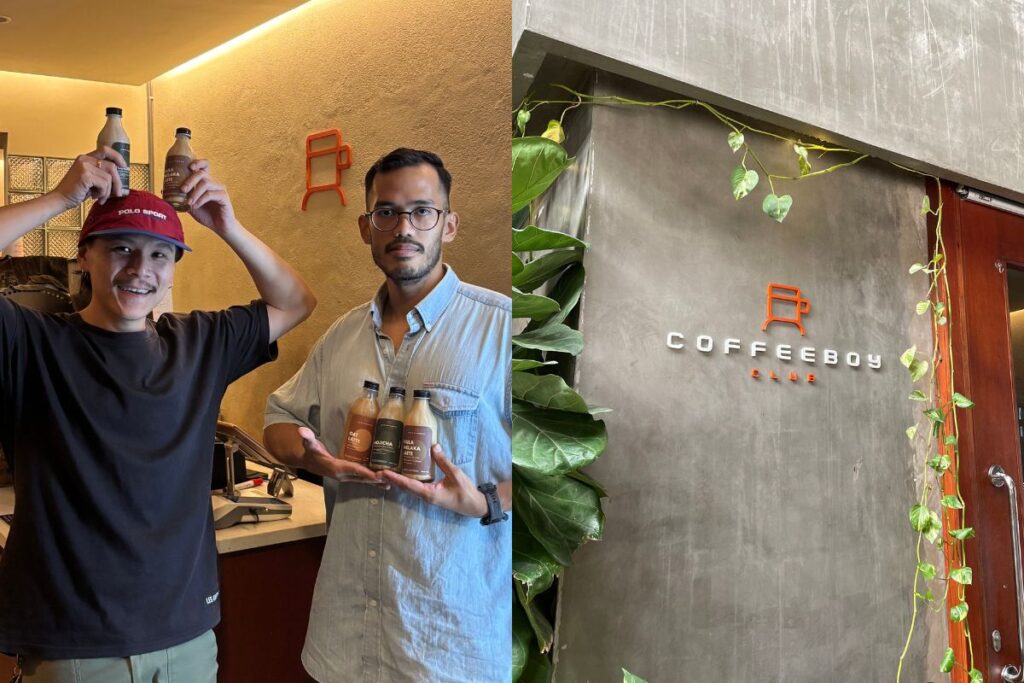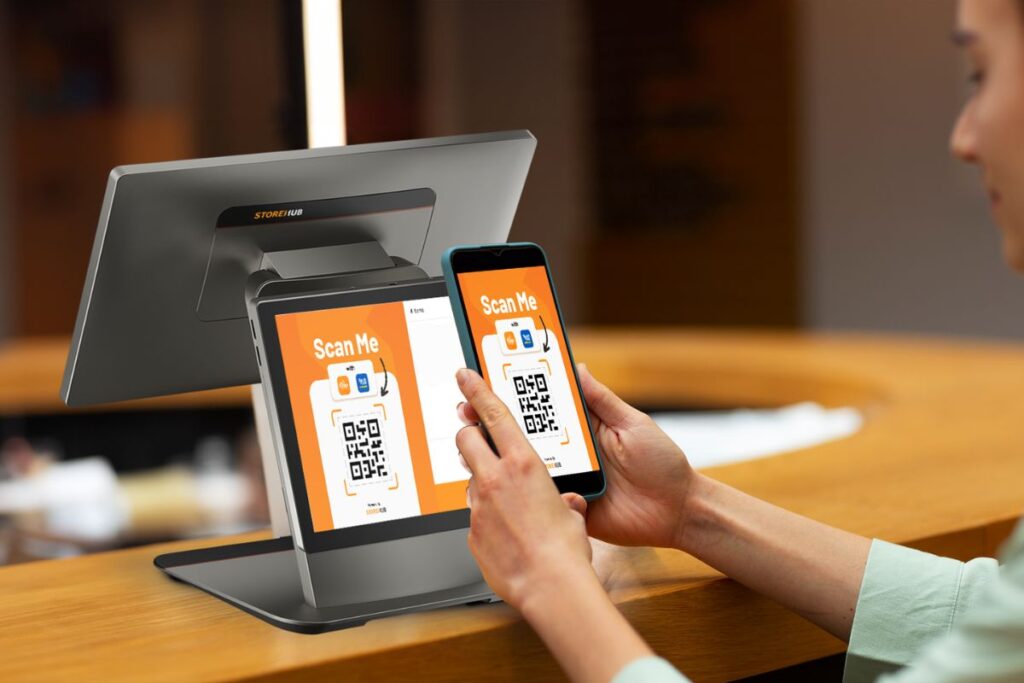Malaysia is currently under a 14-day Movement Control Order until 31 March 2020, which may be extended for another 2 weeks in order to slow the rise of coronavirus (COVID-19) cases.
And during this time, all business premises except for essential services will be closed.
Businesses that can remain open are subject to limited operating hours.
Each state has enforced this such as Penang, KL, Johor, Seremban, Malacca, and Sarawak. As of 24 March 2020, most retail and F&B businesses can only operate from 7am – 7pm.
What F&B business can remain open during the MCO?
Here’s what F&B outlets in Malaysia are allowed and not allowed to do during the Movement Control Order period:
Allowed:
- Food delivery
- Takeaway / takeout / tapau / bungkus
Not allowed:
- Dine-in customers
F&B businesses affected by this partial lockdown include kopitiams, roadside stalls, hawker stalls, cafes, restaurants, quick-serves, fast food joints, coffee shops, and so on.
On whether an F&B outlet can continue to operate, “In principle, as long as the outlets do not offer dine-in options and it doesn’t lead to crowds gathering, it will be allowed.” – Tan Sri Annuar Musa, Federal Territories Minister of Malaysia
Food trucks have been instructed to stop operating during the MCO period, and Annuar also stated that the operations of 24-hour food outlets will be looked into on a case-by-case basis.
Be sure to take this seriously, as state governments and local authorities will be strictly enforcing this restriction and some may even issue immediate closure notices instead of a summon / saman first, if they find you violating any of these restrictions.
TIP: Here’s what you can do as a F&B outlet owner if you want to use food delivery, but don’t want to pay the high fees charged by your food delivery partners.
What retail business can remain open during the MCO?
Here are the physical retail businesses in Malaysia that are and aren’t allowed to open during the Movement Control Order period:
Allowed:
- Retail business related to essential services (sells daily needs)
- Supermarket
- Convenience store
- Sundry shop
- Grocery shop
- Pharmacy
Not allowed:
- Non-essential stores – e.g. fashion shop, vape shop, jewellery and accessories shop, sneaker shop, electronic or hardware shop, etc..
If you own a physical retail store, now’s the time to sell online.
Choose an ecommerce platform like StoreHub Ecommerce that lets you sell both offline and online easily by allowing you to sync both your online shop and physical shop’s stock in just one backoffice.
Enable affordable food delivery for your F&B business with Beep Delivery
